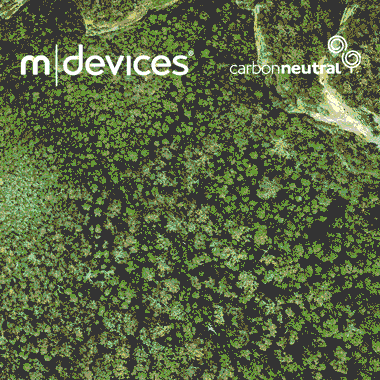Australian news
We have started the new year with a host of exciting events and projects for members to look forward to engaging with. We anticipate a busy first half of 2023 at the Continence Foundation of Australia, including commencing a new strategic planning process and implementation of important projects such as the model of continence care in residential aged care and the commissioning of a new prevalence report replacing the Deloitte Access Economics report: The Economic Impact of Incontinence in Australia 2011, in order to obtain more recent data on the overall impact of living with and caring for someone with incontinence.
Journal news
The journal is currently being managed by our Senior Policy and Research Officer, Debra Parnell and Associate Professor Christian Moro, who accepted the role of Chair and Editor. Assoc Prof. Moro has been a member of the journal’s Editorial Committee and we thank him for his ongoing support.
Joint NCOI and FUS Conference 2023
The Continence Foundation of Australia and the Urological Society of Australia and New Zealand (USANZ) are holding a joint conference of the 31st National Conference on Incontinence (NCOI) and the 4th Functional Urology Symposium (FUS) at the Adelaide Convention Centre from 14th – 17th June 2023.
This scientific program is overseen by scientific co-chairs Dr Ashani Couchman and Julie Westaway (Continence Foundation of Australia), and Professor Vincent Tse and Professor Eric Chung (Functional Urology Symposium).
This is Australia’s leading multidisciplinary meeting for healthcare professionals working in bladder, bowel and pelvic health and functional urology. It also presents an excellent professional development opportunity for nurses, physiotherapists, doctors, pharmacists, medical specialists, researchers and other allied health professionals to hear the latest research from international and Australian experts, and the most current evidence-based best practice.
The conference program will commence with a full first day of workshops, followed by three days of plenary and abstract presentations, with concurrent breakout sessions. The program includes a welcome reception, conference dinner and exhibition space, providing numerous opportunities to connect and access information and support. The full NCOI program and further information regarding speakers, workshops, awards and sponsorship opportunities is now available at continence.org.au/NCOI
The Great Dunny Hunt
In April 2023, we will be running the Great Dunny Hunt again, which takes place virtually at the National Public Toilet Map (NPTM) free website (toiletmap.gov.au) and on the App. The NPTM lists over 22,000 toilets around Australia, giving people the confidence to go out and about knowing where the closest toilets are. It has recently been updated to include two new features which are:
- Specialty maps: a feature which allows organisations and individuals to create and share maps based on their preferences. Specialty maps can be shared as a URL or QR Code, allowing them to be emailed, printed or shared on social media.
- Distance by route: a feature which allows individuals to calculate the quickest route to a facility, on foot or by car, and considers one-way streets and access to buildings.
The Great Dunny Hunt campaign serves to highlight discussions on incontinence, raising awareness of the prevalence and stigma, and where to seek help. This campaign always attracts a lot of enthusiasm and participation and we would like to thank all our campaign supporters. I anticipate the 2023 campaign will be as successful as in previous years.
BINS4Blokes
An advertising campaign commenced in December 2022, with 500 posters asking people to pledge their support for the installation of incontinence product disposal bins in male public toilets in shopping centres nationally. The campaign runs until 30th June 2023 and, so far, we have received more than 1,200 pledges of support. Adding disposal bins for incontinence products to male public toilets will support men in the community live and work with confidence and our aim is to make all Australians aware of how common incontinence is in men of all ages, and have bins installed in male public toilets Australia-wide.
Health promotion community grants
Between $5,000 and $20,000 is available for eligible organisations who offer activities which focus on primary and secondary prevention of incontinence aligning with the Foundation’s new Health Promotion Framework. The activities will contribute to the evidence-base to improve our understanding of what works to prevent people from becoming incontinent and/or prevent other negative health consequences due to incontinence. This may include:
- Using principles of community development, bringing communities together and taking a strengths-based approach to empower and enable communities to achieve better bladder and bowel control health outcomes.
- Building individual skills, and supporting personal and social development of people in communities by providing information, education and life skills in bladder and bowel control health.
Any organisations or groups that may be interested in these grants are encouraged to contact Sharon Porteous, Health Promotion Manager at s.porteous@continence.org.au. Expressions of interest should include a short description of the project/activity, target group, aim, organisation name and contact details.
Values-based messaging
Foundation staff recently completed training on values-based messaging guided by Common Cause Australia, with the feedback that it was both perceptive and beneficial. The aim of the training was to focus on the power of values to motivate people to change in our messaging, rather than focussing on the problems and the barriers. Staff are keen to incorporate these concepts into future communications and campaigns.
Rowan Cockerell
CEO, Continence Foundation of Australia
Author(s)
Rowan Cockerell
CEO, Continence Foundation of Australia


